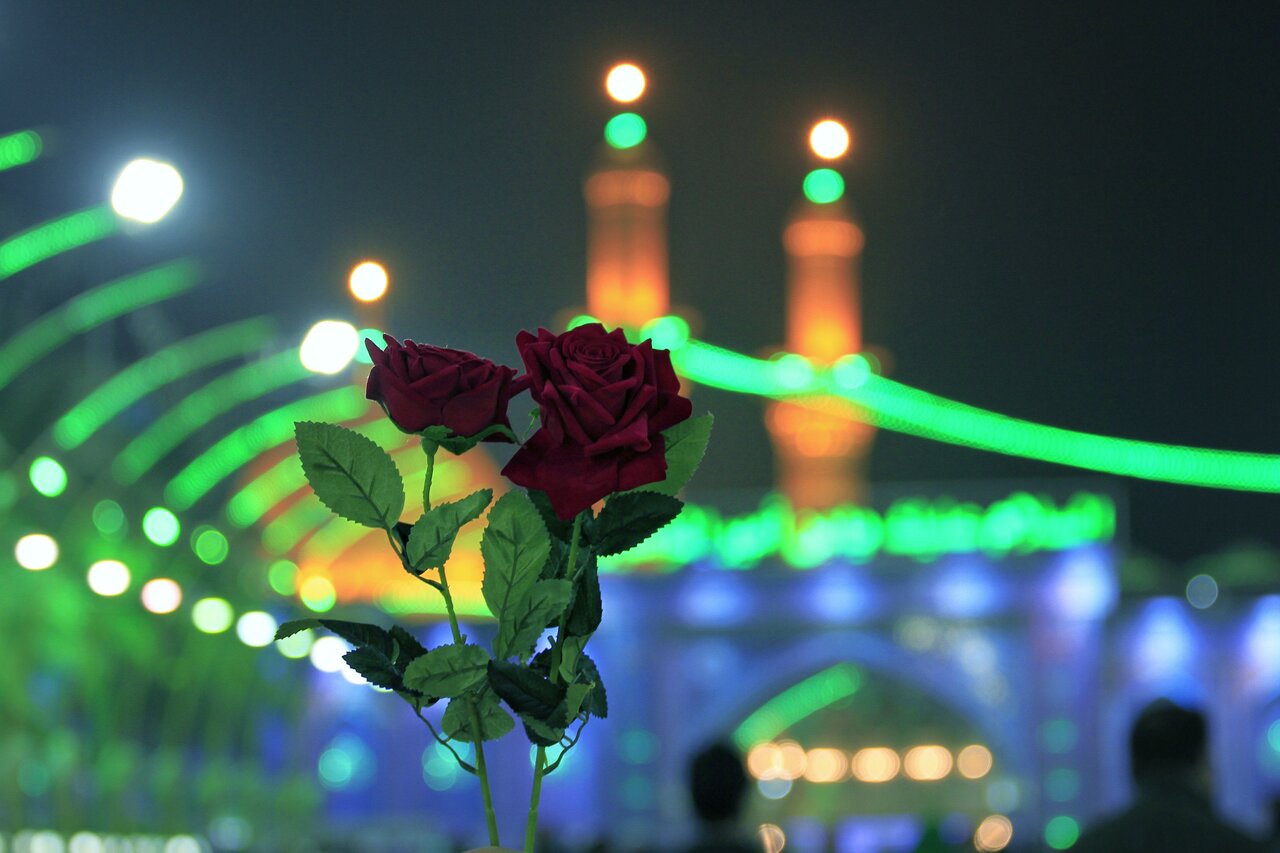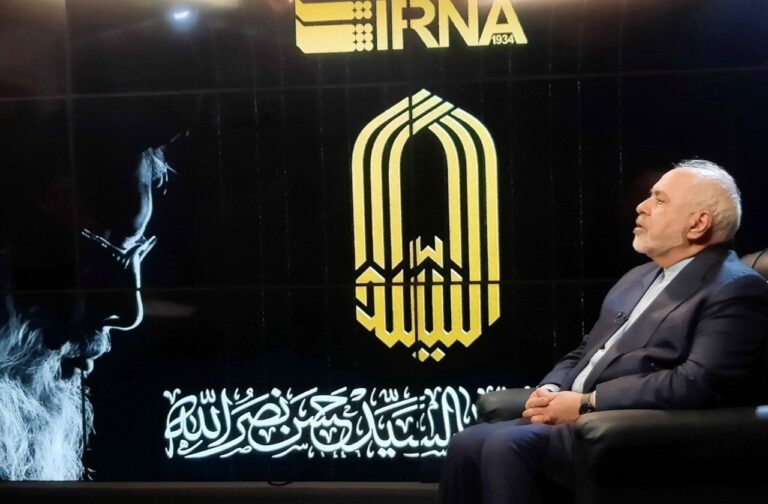Imam Hussain (AS): The Ultimate Symbol of Freedom and Courage
The glorious month of Shabaan is marked by a significant celebrative Islamic occasion, the birth anniversary of Imam Hussain (A.S), the 3rd Infallible Imam and a revered descendant of the Holy Prophet Muhammad (S.A.W). Born in Madina-e-Munawwara, Imam Hussain was the second son of Imam Ali (A.S) and Hazrat Fatima Zehra (S.A), arriving a year after the birth of his brother, Imam Hasan (A.S). The profound legacy of Imam Hussain continues to inspire countless followers around the world.
Imam Hussain and his brother Imam Hasan are honored as the ‘Leaders of the Youths of Paradise,’ a title bestowed by the Holy Prophet (S.A.W). Imam Hussain’s birth took place in the 4th year of the Hijri calendar, although some sources refer to it as the 3rd year. The Messenger of Allah (S) personally conducted the religious ceremonies for the newborn, highlighting the significant role Imam Hussain would play in Islamic history.
Significance of the Name Hussain
The Holy Prophet (PBUH) named the infant ‘Hussain,’ following the naming of his brother, ‘Hasan.’ During the period of ignorance before Islam, such names were unknown to the Arabs. The Prophet received divine revelation to name his grandsons, which later became synonymous with spreading knowledge and faith across the globe.
This honorable name symbolizes a commitment to truth and justice, making it a revered slogan for sacrifice and righteousness. The legacy of Imam Hussain has transcended time, inspiring generations to uphold noble values.
Imam Hussain’s Early Years
Sadly, Imam Hussain’s childhood was short-lived. He was merely seven years old when the Prophet Muhammad (PBUH) passed away, leaving behind a profound legacy about his family. The Islamic community plunged into mourning, grappling with the loss of both the Prophet and Imam Hussain’s mother, while Imam Ali (A.S) faced oppression from the ruling authorities.
During the caliphate era, Imam Hussain, despite his youth, stood firm in his commitment to defend the Qur’an and the teachings of Islam. He actively warned against alterations made to the religion after the Prophet’s death, alongside his father and brother. The Messenger of Allah famously stated, “Hussain is from me and I am from Hussain,” indicating the vital role Imam Hussain would play in preserving Islam.
Noble Sayings of Imam Hussain (A.S)
- “To me, death for the sake of what is right, is nothing but happiness, and living under tyrants is nothing but living in hell.”
- “The most incapable person is the one who can’t pray.”
- “Death with dignity is better than a life of abasement.”
- “If you don’t believe in any religion, at least be free-spirited and honest in your actions.”
- “Avoid oppressing the one who does not have any supporter against you, other than Almighty God.”
The Battle of Karbala: A Defining Moment
Imam Hussain (A.S) is not just a historical figure but a symbol of resistance against tyranny. His struggle during the Battle of Karbala remains a beacon of hope and inspiration for many, transcending religious boundaries. The events that unfolded during this battle continue to resonate, providing lessons that are applicable even today.
Within just 50 years after the death of Prophet Muhammad (PBUH), corruption infiltrated the Muslim leadership, particularly under the tyrant Yazid of the Ummayad dynasty. Imam Hussain stood against this oppression. While Yazid ruled through fear, Imam Hussain commanded love and respect from the people.
Faced with a choice between supporting Yazid and living in luxury or standing against tyranny, Imam Hussain chose the latter. He famously stated, “I only desire to spread good values and prevent evil.” His refusal to support Yazid placed his life in peril, prompting him to relocate his family from Medina to the sanctity of Mecca.
Despite seeking refuge in Mecca, Yazid’s forces pursued Imam Hussain, forcing him toward Kufa, where he had received letters of support. However, Yazid anticipated this move and dispatched a massive army to intercept him, leading Imam Hussain and his companions to the desert town of Karbala.
Imam Hussain’s Legacy
Surrounded by Yazid’s 30,000 soldiers, Imam Hussain and his 72 companions faced overwhelming odds. Despite being denied water and facing imminent death, Imam Hussain held firm to his principles. He gathered his companions, encouraging them to escape for their safety, demonstrating his selflessness.
Ultimately, Imam Hussain and his loyal companions were martyred for their unwavering commitment to justice. His legacy continues to inspire millions, as he chose to uphold his values rather than submit to tyranny, even in the face of death.
The Arbaeen Pilgrimage: Honoring Imam Hussain
One of the most profound ways Shia Muslims honor Imam Hussain is through the pilgrimage (ziyarat) to his shrine in Karbala, Iraq. The Arbaeen Pilgrimage, occurring 40 days after his martyrdom, draws millions from diverse backgrounds. This event symbolizes unity and peace, transcending sectarian divisions.
During the Arbaeen Walk, participants from various countries walk 50 miles from Najaf to Karbala, carrying flags representing their nations. This pilgrimage emphasizes that Imam Hussain’s message is universal, offering a roadmap for humanity’s betterment.
In conclusion, the legacy of Imam Hussain (A.S) is one of courage, resilience, and a profound commitment to justice. His life and sacrifice continue to influence and inspire countless individuals, urging them to stand against oppression and uphold the values of truth and righteousness.






